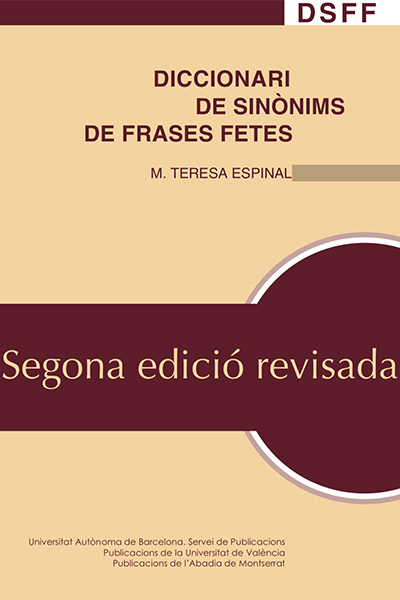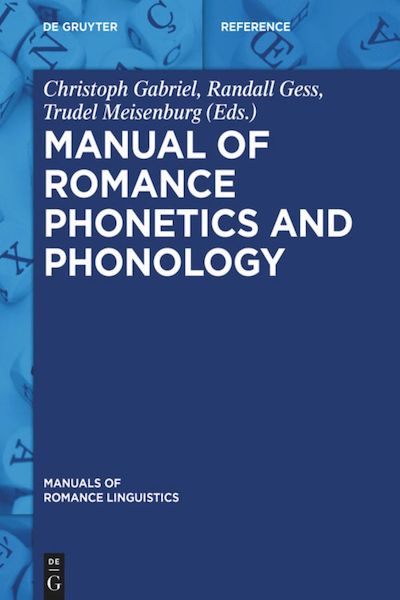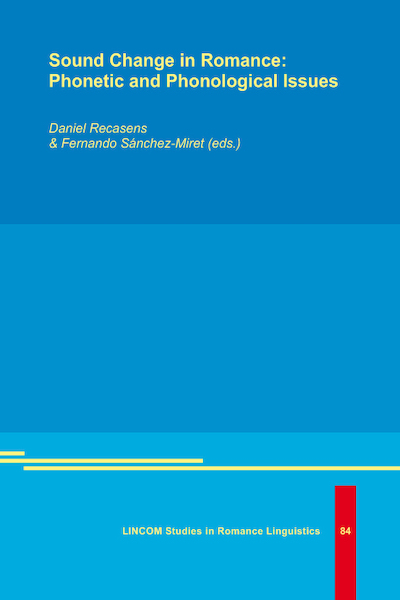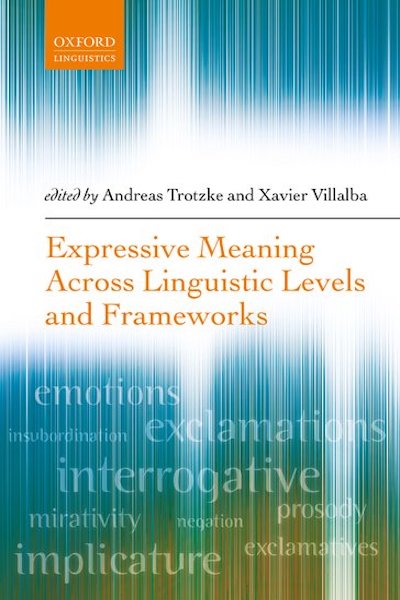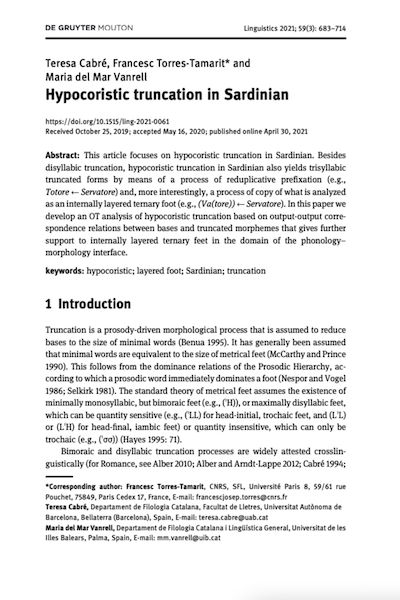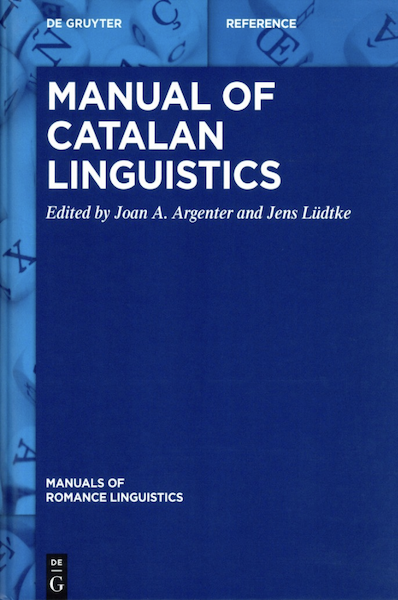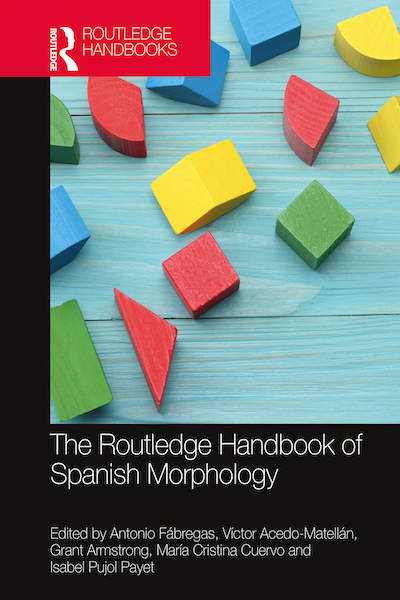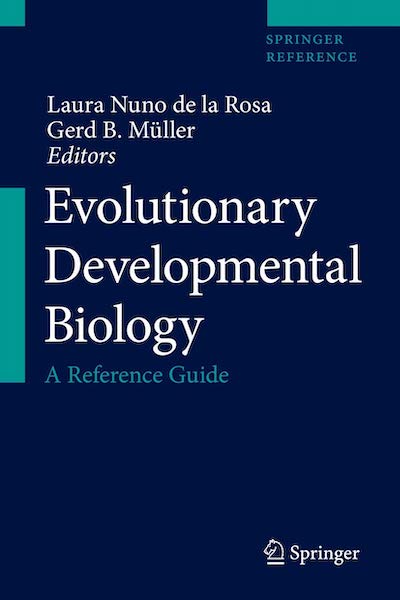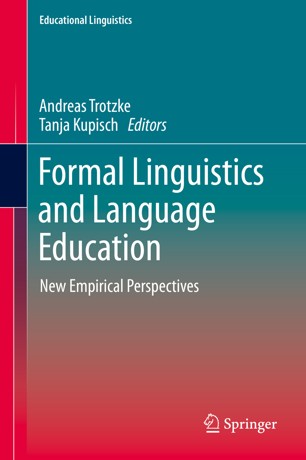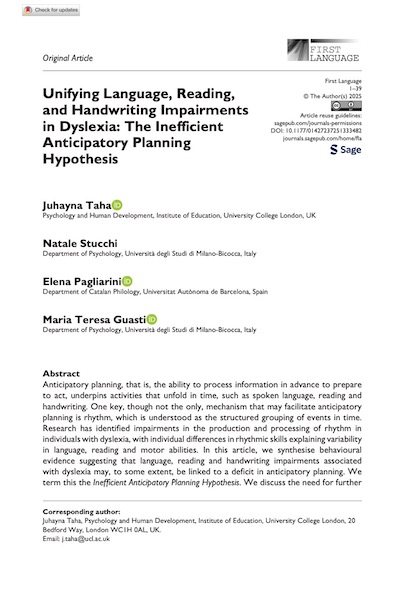
Autors:
Taha, Stucchi, Pagliarini, & GuastiTítol:
Unifying Language, Reading, and Handwriting Impairments in Dyslexia: The Inefficient Anticipatory Planning HypothesisEditorial: First Language
Data de publicació: 10-05-2025
Pàgines: 39
Més informació
Text complet
Anticipatory planning, that is, the ability to process information in advance to prepare to act, underpins activities that unfold in time, such as spoken language, reading and handwriting. One key, though not the only, mechanism that may facilitate anticipatory planning is rhythm, which is understood as the structured grouping of events in time. Research has identified impairments in the production and processing of rhythm in individuals with dyslexia, with individual differences in rhythmic skills explaining variability in language, reading and motor abilities. In this article, we synthesise behavioural evidence suggesting that language, reading and handwriting impairments associated with dyslexia may, to some extent, be linked to a deficit in anticipatory planning. We term this the Inefficient Anticipatory Planning Hypothesis. We discuss the need for further behavioural and neural research to clarify the nature of anticipatory planning across these domains, and the extent to which different mechanisms, such as rhythm, support it. Given the interplay between language and rhythmic skills and the comorbidity of dyslexia and developmental language disorder (DLD), extending this investigation to (developmental) language disorder could refine our understanding of the distinct and shared mechanisms that underlie these conditions.

